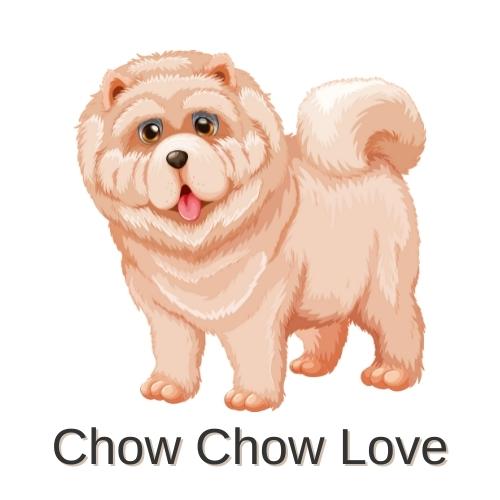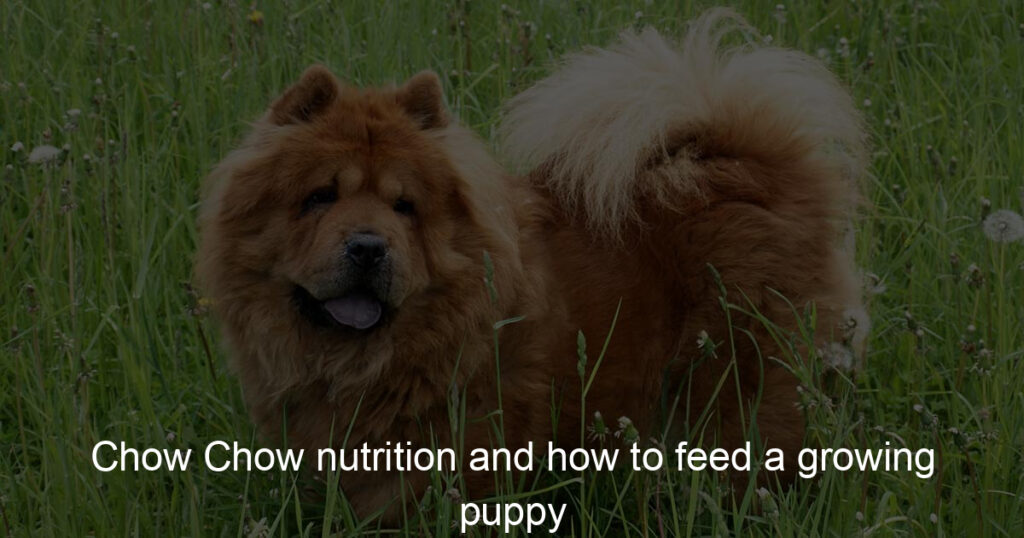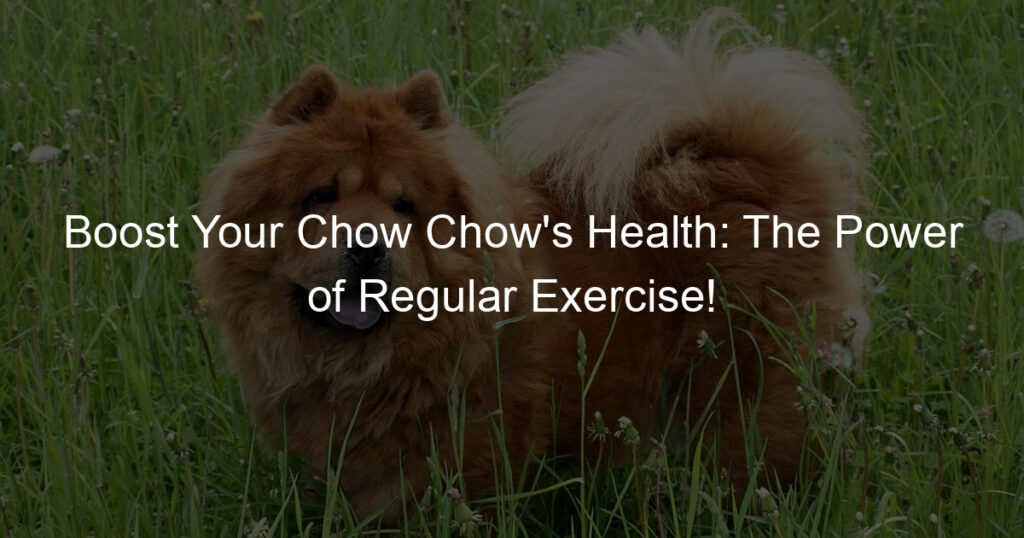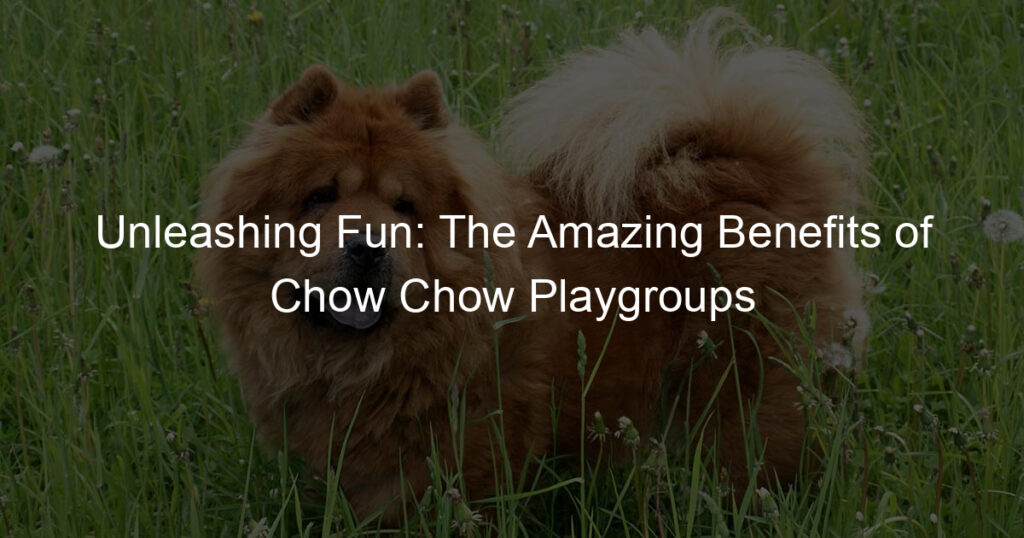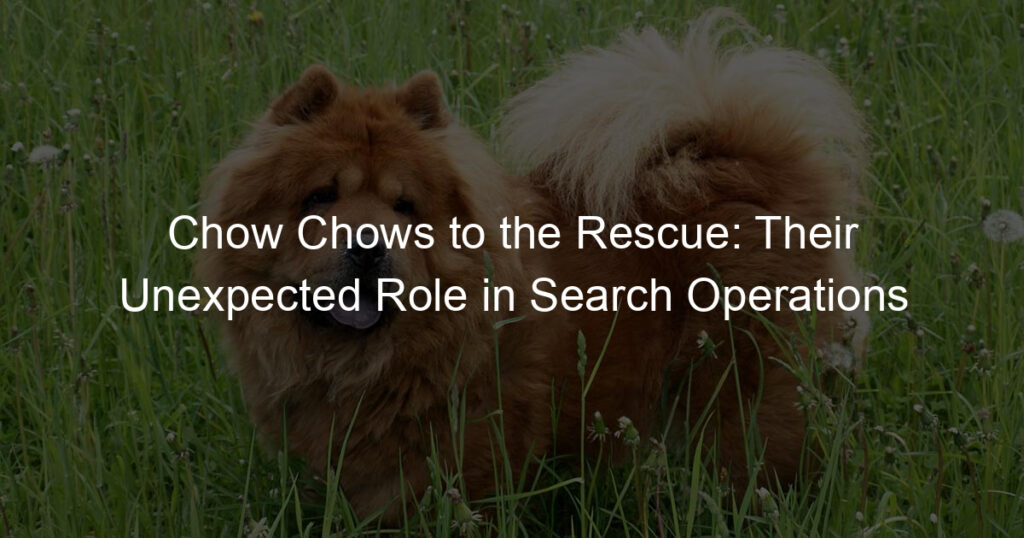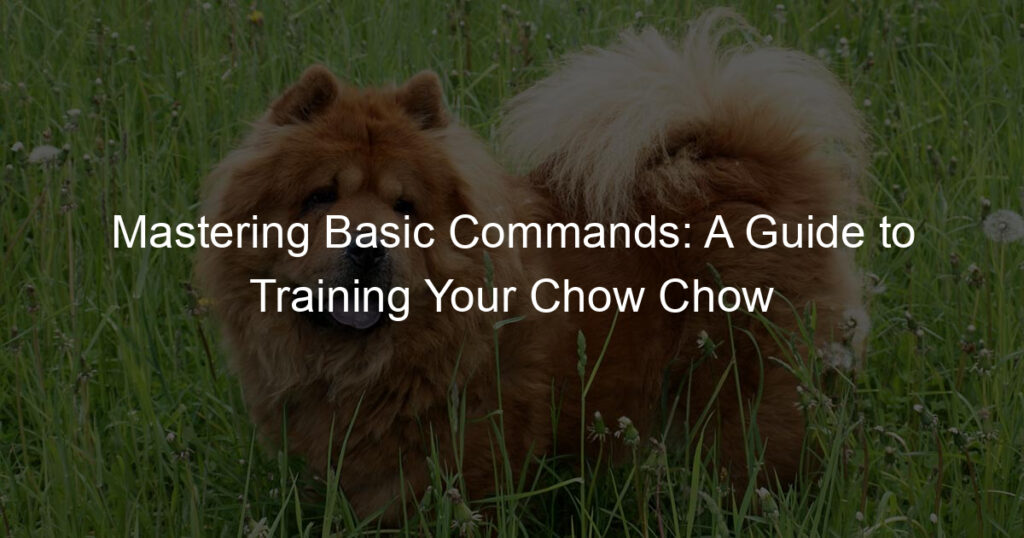Are you considering getting a Chow Chow puppy? Congratulations! They are lovely, loyal, and furry bundles of joy. Before your new canine best friend joins your family, it is essential to understand their specific nutritional needs so they can thrive during their exciting journey with you.
In this blog post, you will learn all the key facts about why nutrition is essential for your growing pup, including how much food and what type of feed items he should have at different stages of his life. You’ll also find some helpful guidance on choosing quality chow chow food products to help ensure his good health and happiness every step of the way.
Get ready for lots of fun times ahead – let’s get started!
How much should I feed my Chow Chow puppy?
Deciding how much to feed your Chow Chow puppy can be tricky, but it’s definitely worth taking the time to get it right. Generally speaking, puppies need about two to three times the amount of food than an adult dog since they’re growing and developing quickly.
When your pup is around eight weeks old, you should start by splitting their portion into smaller meals three times a day. From there, you may find that increasing or decreasing the portion size slightly is necessary, depending on how much they are eating and their energy level.
If in doubt, talk with a vet or nutritionist who can get you pointed in the right direction. Taking care when figuring out proper nutrition in those early stages will benefit your furry friend now and for years down the road!
What food is good for a Chow Chow puppy?
When it comes to feeding your Chow Chow puppy, it’s important to choose the right food to make sure they get all the vitamins and minerals they need for proper growth and development. A good way to do that is by looking for all-natural kibble with proteins from real meat sources like chicken, lamb, or turkey.
Make sure the kibble is free of any fillers or artificial ingredients and has supplemental fruits, vegetables, and other nutrients to provide your pup with balanced nutrition. Another great option is a raw diet where you can ensure the quality of the ingredients that go into your pup’s meals.
With either option, be sure to transition slowly over time so their digestive system has time to adjust.
Is milk good for Chow Chow?
There is no doubting the fact that milk has a substantial place in our diets. But when it comes to ChowChow dogs, the answer isn’t so black and white. Generally speaking, any kind of dairy should be avoided because this breed is more prone to lactose intolerance than other breeds.
Oftentimes, too much dairy can lead to gas, vomiting, and diarrhea for these dogs. So while chow chows may enjoy the occasional taste of milk or cheese now and then, it’s best not to make it a part of their regular diet.
It’s always safest to stick with foods specifically formulated for a chow’s nutritional needs instead of relying on human snacks as treats.
What is the best time to feed a puppy?
Feeding puppies is an important part of helping them grow and believing at their best. So when should they eat? Generally, the best time to feed a puppy is two or three times a day – usually in the morning, mid-day, and right before bedtime.
Having set meal times will help establish regular bathroom breaks throughout the day as puppies need to go potty up to twelve times per 24 hours! Make sure your pup always has access to fresh water too.
With the appropriate feeding schedule, your friend can stay well-fed and hydrated which will keep them healthy!
It’s a Wrap
Feeding a Chow Chow puppy is an important and life-long commitment. As dogs are living creatures, optimal nutrition will be beneficial for your furry companion’s physical and mental well-being as they grow up.
During their growing stages, it is essential to pay special attention to their dietary needs by making sure that there is enough nutrition for proper growth and development in their diet. Also, don’t forget to take into account any specific dietary requirements or allergies that may be present.
Finally, always consult with your veterinarian if you have any questions or worries related to what and how much you feed your puppy. With the right knowledge and care you can ensure a healthy future for your lovable pup!
